If you fly through the MHCC/Cenamer FIR above FL200, there’s a new requirement coming on Oct 28, 2020 – when filing your flight plan, you must include the AFTN address MHFPZYZX.
This is the address of a new automated system they’ve got, which will check if you’ve written your flight plan properly (i.e. according to ICAO standards). If you have, you’ll get an ACKNOWLEDGE (ACK) or ACCEPTANCE message, and the system will then fire it off to all of the individual countries within the MHCC/Cenamer FIR that you’ll be overflying / flying to. If you’ve got it wrong, you’ll get a REJECTED (REJ) or ERROR message, with the reason why, and you’ll have to file it again.
There’s another thing they’re rolling out called the “e-FPL” system, but don’t worry too much about that – it’s only to be used for operators departing from a Central American airport who don’t have access to their own system to send flight plans.
Lots of countries have published AICs on this, but Belize have been good enough to provide one in English. It covers what to do in detail, including instructions on how to make sure you’re writing your flight plans properly! Check it out:
Wait, what and where is CENAMER?
CENAMER is a combination of CENtral AMERican countries that work together as one for ATC Service. The controlling Authority is COCESNA. The actual controllers are in Tegucigalpa, Honduras, but control the airspace of Belize, Costa Rica, El Salvador, Guatemala, Honduras and Nicaragua.
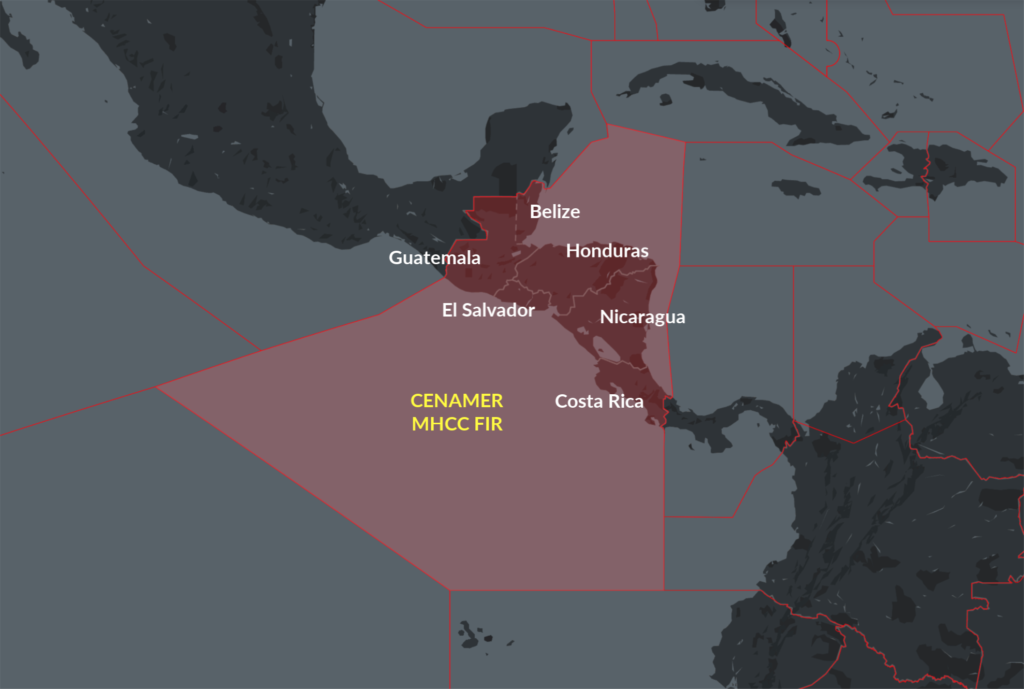
The fabled “CENAMER Notification”
This is where things start to get a bit tricky. For flights intending to operate within the MHCC/Central American FIR), COCESNA require notification. Every FIR worldwide requires the same thing, but because of the grouping of countries, the process is a little different for COCESNA. A preformatted AFTN message must be sent containing the flight details and planned schedule, to both the AIS office, and to the various billing departments.
The latter is most important, because it give them the opportunity to warn in advance if airspace entry will be denied because of unpaid Navigation Fees. The CENAMER Notification confirmation is normally in the format MPTOXXXX192330, being the originating AFTN address and a date/time stamp.
Notification Requirements
Notification: All flights entering the MHCC/Central American FIR must send notification 48 hours prior to entry.
Documents Required: None.
Lead Time: Official requirement is 48 hours before flight. Notification can be made up to 1 hour prior to airspace entry, but there is a risk that not all departments will have had time to process the message. Assuming there are no billing issues, denial of entry into the airspace is unlikely.
Validity: Once notification is made, there is no need to revise it for a new schedule. The Notification can be considered valid for 72 hours.
Permit Format: Confirmation is normally in the format MPTOXXXX192330, being the originating AFTN address and a datetime stamp. FPL Field 18 entry is not mandatory, but you can include it as PERMIT/CENAMER NOTIFICATION MPTOXXXX192330.
Do I need AFTN access to make this happen?
Yes. Well, probably…
We’ve had reports that COCESNA have now started handling this whole process by email, but if they don’t reply for whatever reason, you’ll need AFTN to file the Notification and to follow-up with any countries which reply to say you owe them nav fees.
You can start off by sending COCESNA an email at facturacionycobros@cocesna.org in good time prior to the flight, requesting details of any outstanding navigation charges and a copy of the invoice. Sometimes they reply, sometimes they don’t. If you receive the invoice, you pay up, and your flight is good to go.
However, if you don’t receive a reply and there are outstanding charges, you’ll only know about it when you come to file your flight plan, at which point you’ll receive a reply on AFTN from the specific country (or countries!) you owe money to. At this point, you’re at their mercy as to whether they accept or reject your flight plan – and you may not have time to pay for any outstanding charges. These individual countries won’t email you, they’ll send you a message via AFTN (to the same address you use to file the Notification).
Bottom line, whoever files your Notification (and then, later, your actual flight plan) will need access to the AFTN system so that they are able to reply to these messages as they come through – and to check to make sure that your flight plan is accepted! This is where using a third party agent for overflights in this region can come in handy, as they should manage this whole process for you and communicate with all the relevant countries via AFTN.
Which AFTN addresses do I send messages to, and what should I say?
Your message should read something like this:
CENAMER NOTIFICATION OF FLIGHT REF XXXX PLEASE ADVISE IF ANY OBJECTION TO OPERATE AIRCRAFT: XXXXX CALLSIGN: XXXXX TYPE: XXXXX OPERATOR NAME: XXXXX DATE OF FLIGHT: 20DEC2020 PLEASE CONFIRM RECEIPT OF THIS NOTIFICATION PLEASE CONFIRM OK TO OPERATE BY AFTN TO (INSERT YOUR AFTN HERE) SCHEDULE: 20DEC ETD KDEN1300 ETA SBGR2230 NAVIGATION FEES SETTLED BY: XXXXX OPERATOR: XXXXX EMAIL: XXXXX COPY TO ALL CONCERNED: MHCCYSYX/CENAMER CONTROL MHCCZQZX/CENAMER CONTROL FPL MHTGYAYX/HONDURAS CAA MHTGYOYX/HONDURAS AIS MHLMYGYX/HONURAS RCO MROCYAYX/COSTA RICA CAA MROCYOYX/COSTA RICA AIS MROCYGYX/COSTA RICA RCO MNMGYAYX/NICARAGUA CAA MNMGYOYX/NICARAGUA AIS MNMGYGYX/NICARAGUA RCO MSLPYGYX/EL SALVADOR RCO MSSSYAYX/EL SALVADOR CAA MSSSYOYX/EL SALVADOR AIS MGGTYAYX/GUATEMALA CAA MGGTYOYX/GUATEMALA AIS MGGTYGYX/GUATEMALA RCO MZBZYAYX/BELIZE CAA MZBZYGYX/BELIZE RCO
And here’s the list of AFTN addresses to send it to:
ICAO: MHCCYSYX ICAO: MHCCZQZX ICAO: MHTGYAYX ICAO: MHTGYOYX ICAO: MHLMYGYX ICAO: MROCYAYX ICAO: MROCYOYX ICAO: MROCYGYX ICAO: MNMGYAYX ICAO: MNMGYOYX ICAO: MNMGYGYX ICAO: MSLPYGYX ICAO: MSSSYAYX ICAO: MSSSYOYX ICAO: MGGTYAYX ICAO: MGGTYOYX ICAO: MGGTYGYX ICAO: MZBZYAYX ICAO: MZBZYGYX
Is the CENAMER Notification the same as an Overflight Permit?
No. It’s important to note that this is not a permit, this is just to ensure the CENAMER countries receive notification of your planned flight, and can check for any unpaid Navigation Fees. Each individual country in this region requires an overflight permit as well (except for El Salvador and Costa Rica, if you’re operating a private flight).
For more information on permit requirements, OPSGROUP members can use the dedicated Permits App in your Dashboard. If you’re not a member, you can get a copy of the same information in our Permit Book, or alternatively, join OPSGROUP here!
More on the topic:
- More: Argentina: Overflight Permits Now Required
- More: Nicaragua’s Silly New System For Overflight Permits
- More: Honduras has a New Airport
- More: Guatemala’s Fuego volcano disrupts ops
- More: Storm: Central America landfall of Selma on Saturday
More reading:
- Latest: Teterboro: RIP the RUUDY SIX
- Latest: 400% increase in GPS Spoofing; Workgroup established
- Latest: GPS Spoofing WorkGroup 2024
- Safe Airspace: Risk Database
- Weekly Ops Bulletin: Subscribe
- Membership plans: Why join OPSGROUP?



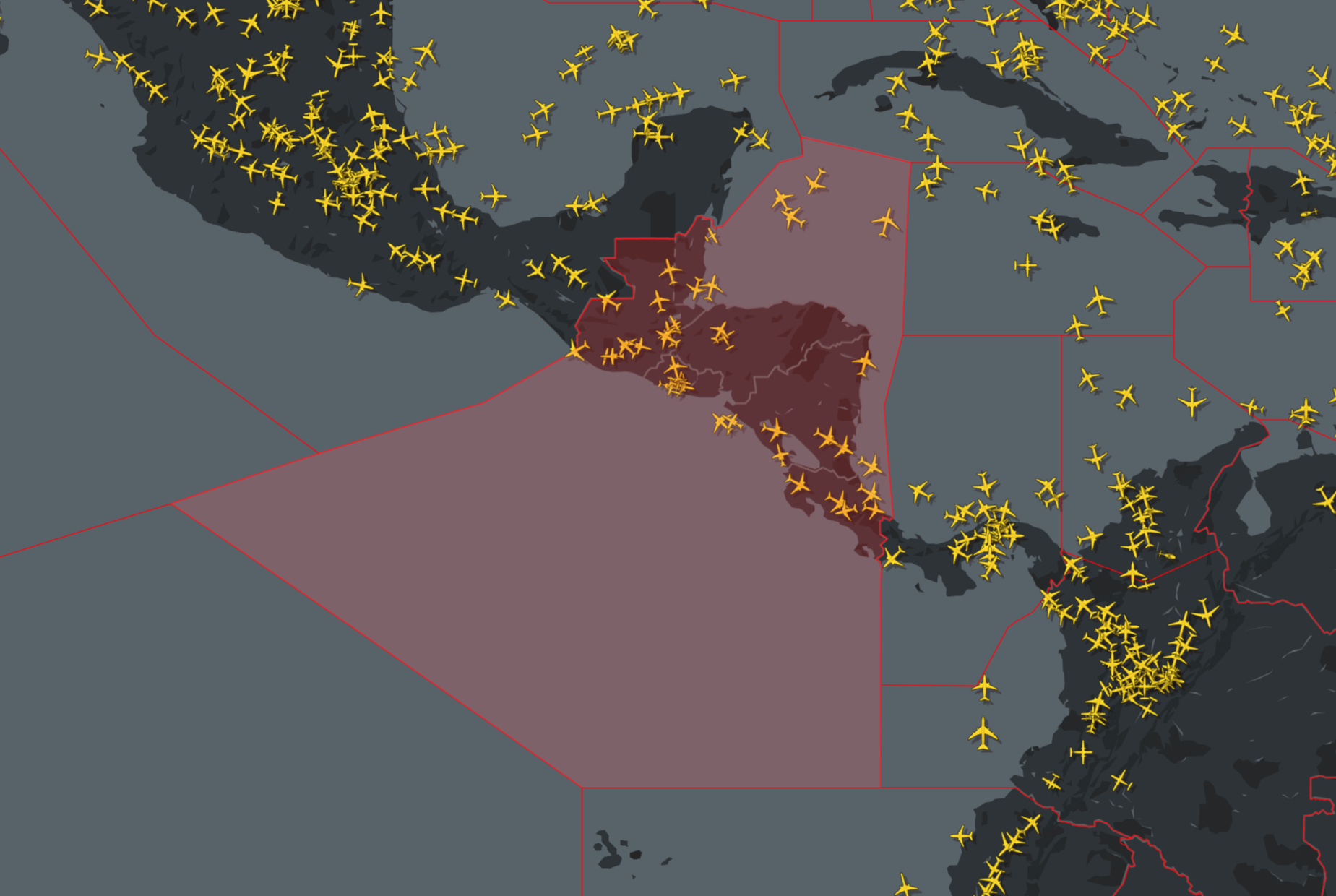
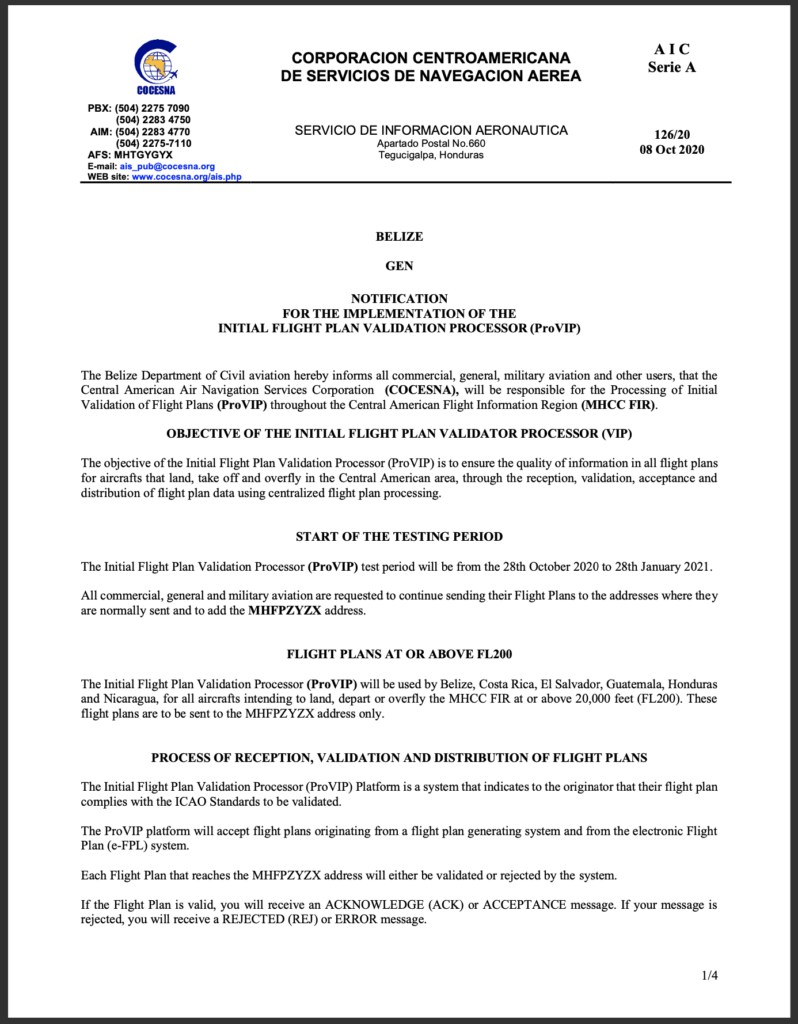


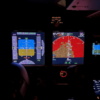



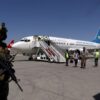
 Get the famous weekly
Get the famous weekly 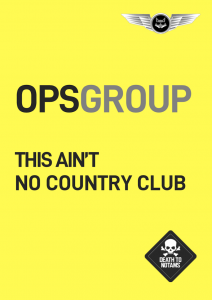


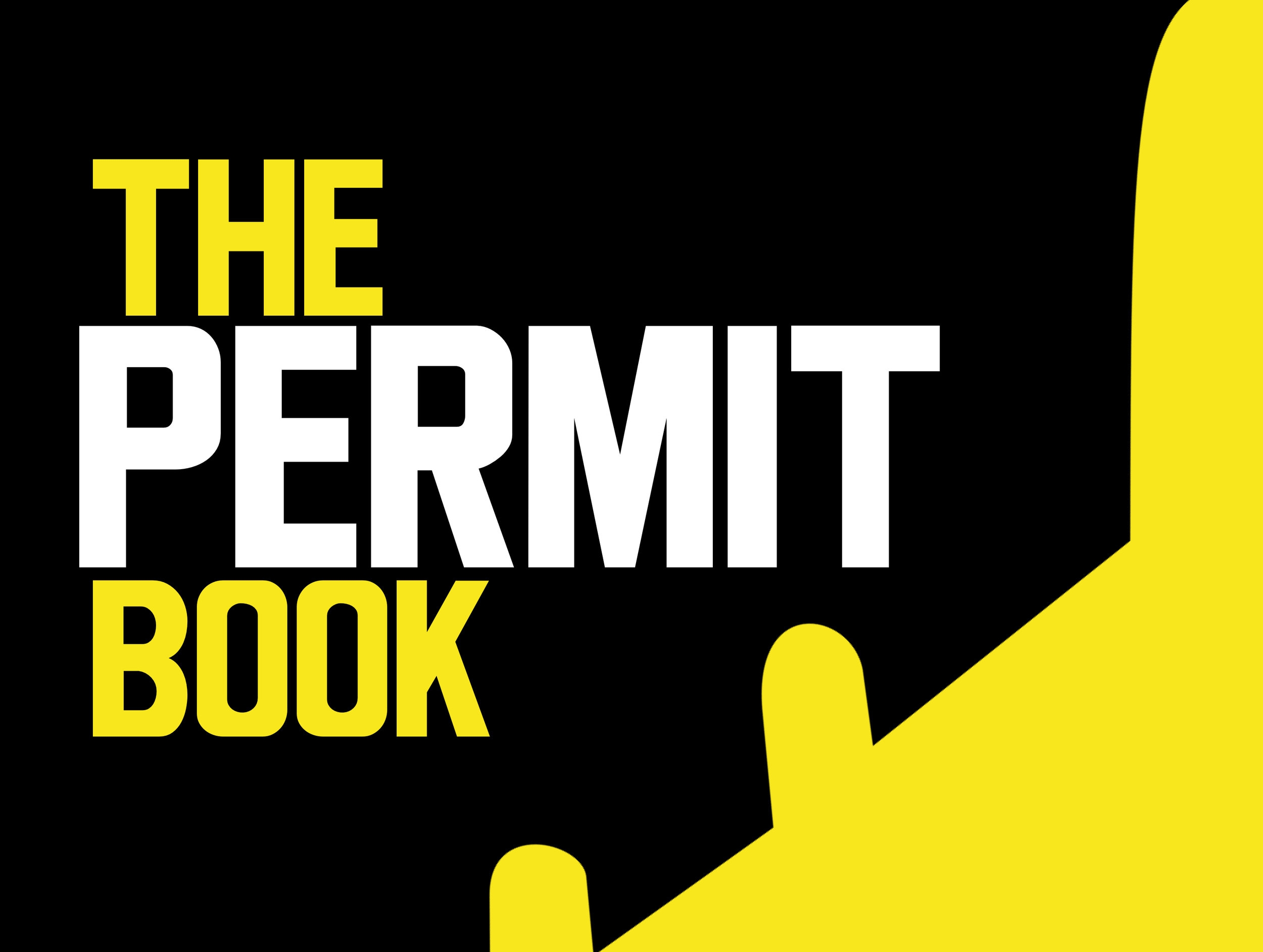

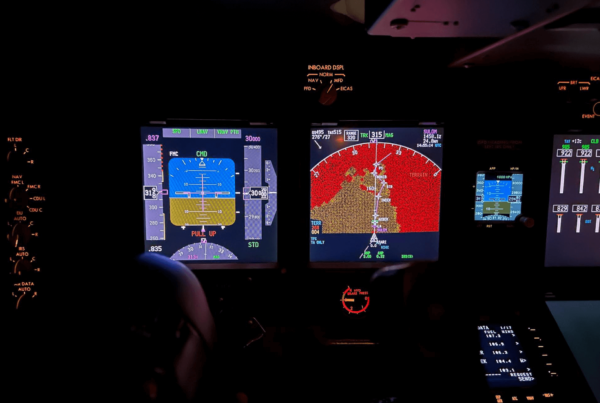
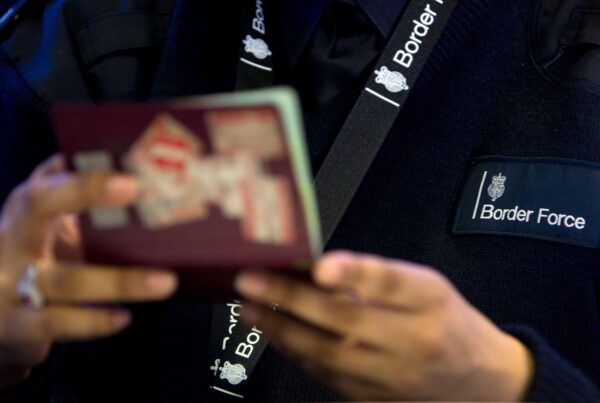
We have an aircraft going to Costa Rica in a few weeks so I sent an email to COCESNA and they responded the next day. Turns out the tail number had unpaid fees from two flights in 2015 totaling $15. Probably helps to send the email in spanish. Here is a template for non-spanish speakers.
A quien corresponda:
Los estoy contactando para asegurar que no exista alguna factura impagada de este año 2020 correspondiendo al avión . Quedo a la espera de su respuesta.
Gracias por su asistencia con este asunto.